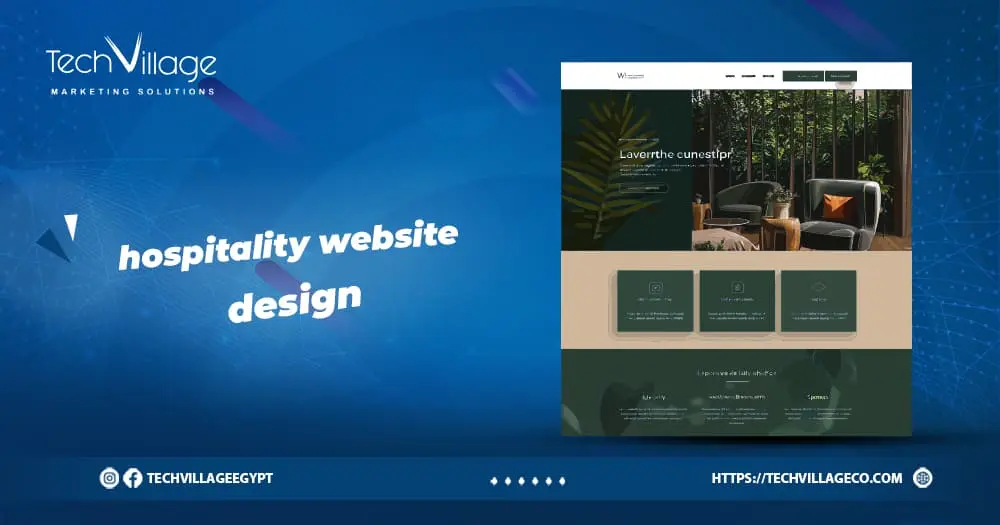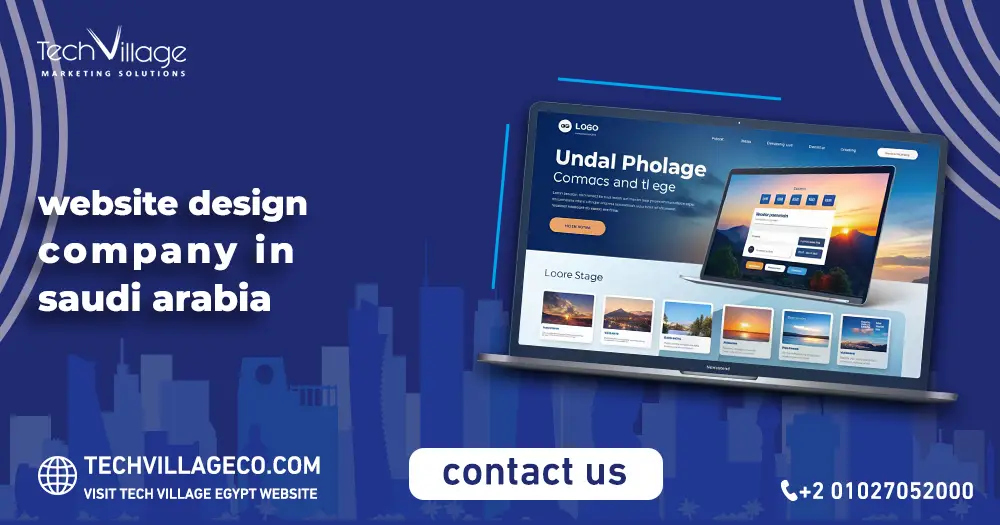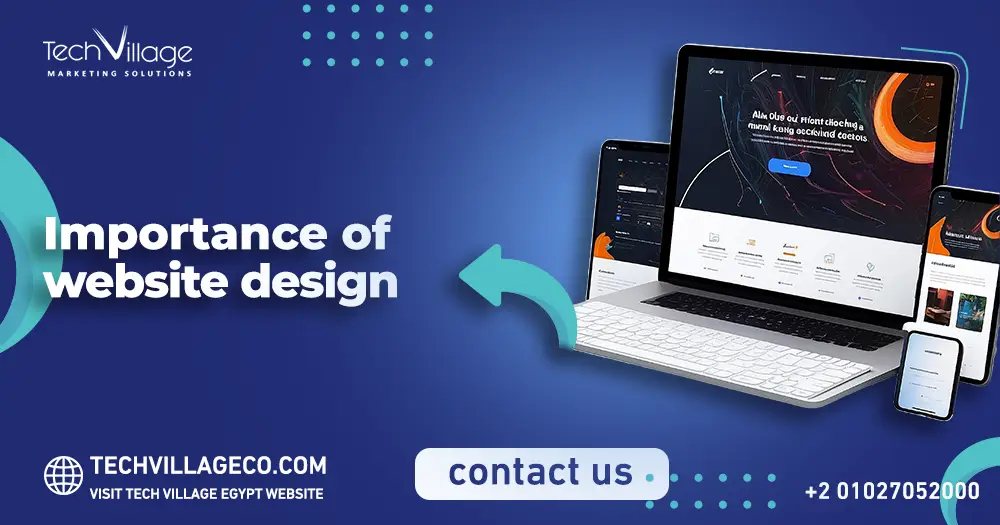Creating an engaging and hospitality website design is crucial in the competitive landscape of the travel and accommodation industry. A well-designed website serves as the digital front door of a hospitality business, shaping the first impressions and overall experience of potential guests. It needs to combine aesthetic appeal with user-friendly navigation, ensuring that visitors can easily find information, make reservations, and feel inspired to choose your service.
The best hospitality website design are visually appealing, feature rich content, and incorporate the latest web design trends and technologies, offering a seamless and immersive experience that reflects the unique personality and quality of the establishment.
Table of Contents
ToggleWhat is hospitality website design?
hospitality website design refers to the specialized process of creating and developing websites for businesses within the hospitality industry, such as hotels, resorts, bed and breakfasts, and vacation rentals.
This type of design focuses on showcasing the services, amenities, and unique experiences offered by these establishments. Key elements of hospitality website design include:
- Aesthetic Appeal: Visually pleasing design that reflects the brand’s identity and attracts potential guests.
- User-Friendly Navigation: Easy-to-use interfaces that allow visitors to quickly find information, view rooms or services, and make reservations.
- Responsive Design: making sure the website works properly across a range of platforms, such as PCs, tablets, and smartphones.
- High-Quality Content: Engaging photos, videos, and detailed descriptions of rooms, facilities, and local attractions.
- Booking Functionality: Integrated booking systems that provide a seamless reservation process.
- SEO and Marketing: Optimizing the website for search engines and incorporating features that enhance online marketing efforts.
- Security and Compliance: Implementing secure payment systems and adhering to privacy and data protection regulations.
Read also: How To Design An Interactive Website.
What is a hospitality website include?
A hospitality website design typically includes several key components designed to provide comprehensive information and a seamless user experience for potential guests. These components often include:
- Home Page: An attractive landing page with a clear overview of the establishment, high-quality images, and easy navigation.
- About Us: Information about the hotel’s history, mission, values, and team, helping to build trust and a personal connection with visitors.
- Rooms and Suites: Detailed descriptions and images of the various accommodations available, including amenities, pricing, and availability.
- Booking Engine: An integrated system that allows guests to check availability, make reservations, and process payments securely.
- Services and Amenities: Information on the facilities and services offered, such as dining options, spa, fitness center, meeting rooms, and special packages.
- Photo Gallery and Virtual Tours: High-resolution images and virtual tours that showcase the property and its surroundings.
- Special Offers and Packages: Promotions, discounts, and special deals that can entice potential guests to book directly.
- Location and Contact Information: Maps, directions, and contact details, including phone numbers, email addresses, and a contact form.
- Local Attractions and Guides: Information about nearby attractions, activities, and events to help guests plan their stay.
- Reviews and Testimonials: Guest reviews and testimonials that provide social proof and build credibility.
- Blog or News Section: Updates, news, and articles related to the hotel, local events, and travel tips.
Read also: 2023 Website Design Trends.
How should a hotel website be?
According to tech village, a hospitality website design should be designed with several key principles in mind to ensure it effectively attracts and retains potential guests. Here are the essential elements:
- Visually Appealing: High-quality images and videos that showcase the hotel’s best features, creating an inviting and luxurious impression.
- User-Friendly Navigation: Simple, intuitive navigation that allows visitors to find information quickly and easily. Clear menus, search functions, and well-organized content are crucial.
- Mobile-Responsive Design: Optimized for various devices, including smartphones and tablets, to ensure a seamless experience regardless of how visitors access the site.
- Fast Loading Speeds: Quick load times to prevent visitors from leaving due to slow performance, which also positively impacts search engine rankings.
- Clear Call to Actions (CTAs): Prominent and easy-to-find CTAs encouraging users to book a room, contact the hotel, or take advantage of special offers.
- Integrated Booking Engine: A secure and efficient booking system that allows guests to check availability, select rooms, and make payments directly on the website.
- Detailed Information: Comprehensive details about rooms, amenities, dining options, and services. Include pricing, availability, and any special packages or deals.
- Guest Reviews and Testimonials: Display positive feedback from past guests to build trust and credibility.
- Local Attractions and Information: Guide visitors on nearby attractions, activities, and events to help them plan their stay and explore the area.
Here’s: Best Creative Agency Websites.
Is a hotel website eCommerce?
Yes, a hotel website can be considered a type of eCommerce website. While it may not sell physical products like a traditional eCommerce site, it facilitates the online sale of services, specifically room reservations and other hospitality services.
Conclusion
In conclusion, a well-crafted hospitality website design is a powerful tool that can significantly enhance a business’s online presence and attract potential guests. By integrating aesthetic appeal with functionality, incorporating user-friendly navigation, and reflecting the unique qualities of the establishment, a hospitality website can effectively engage visitors and encourage bookings. Keeping abreast of the latest web design trends and technologies ensures the website remains competitive and relevant in a dynamic industry. Ultimately, a thoughtful hospitality website design not only drives conversions but also builds lasting relationships with guests, fostering loyalty and satisfaction.
FAQ
Do hotels need a website?
Hotels need a hospitality website design to effectively compete in the digital age and attract potential guests. A dedicated website serves as a central hub for information, showcasing the hotel's services, amenities, and unique experiences. It provides a direct booking platform, reducing reliance on third-party sites and increasing profit margins. A well-designed website enhances the hotel's brand image, improves visibility through search engine optimization, and offers a platform for marketing and promotions.
What type of website is hotels?
hospitality website design is a specialized type of business website designed to promote hospitality services and facilitate direct bookings. They serve as a central platform for showcasing a hotel's offerings, including rooms, amenities, dining options, and special packages. These websites typically feature high-quality visuals, detailed descriptions, and user-friendly navigation to enhance the visitor experience. Essential components include an integrated booking engine, contact information, and sections for guest reviews and local attractions.

 AR
AR




